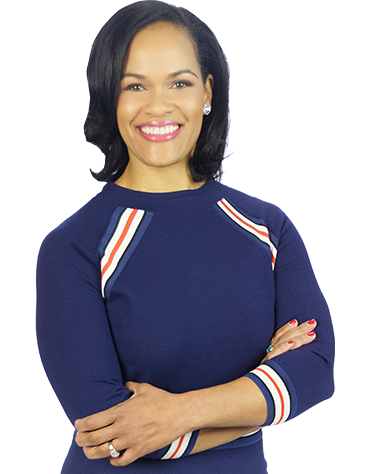Coping with Seasonal Affective Disorder (SAD)

For people experiencing winter Seasonal Affective Disorder, or SAD, the winter months can feel not so merry and bright.
Seasonal Affective Disorder is a mood disorder that happens around the same time every year (this is one of the things that makes it different from regular depression). For people that experience winter Seasonal Affective Disorder, it usually begins when the weather starts getting colder and ends when it starts getting warmer. Individuals with SAD often experience:
-Feelings of sadness, irritability, or anxiety
-Feelings of hopelessness
-Feelings of guilt and worthlessness
-Apathy
-Loss of interest in usual activities
-Loss of interest in being around others
-Fatigue & Low Energy
-Trouble sleeping
-Difficulty concentrating
-Angry outbursts
-Suicidal thoughts
-Decreased sex drive
-Craving for carbohydrates
-Weight gain
If you or someone you know may be experiencing winter Seasonal Affective Disorder, consider speaking with the doctor to help set up a treatment plan that’s right for you. There are also some steps that can be taken at home to help yourself or a loved one.
Plan A Trip
If it’s possible, plan a trip to a warmer, more sunnier location. Sometimes, we need a break from the cold and darker environment. In addition to the sunnier skies, planning a trip can give us something exciting to look forward to, which can improve one’s mood.
Consider Your Diet
During depression, it’s likely to turn to comfort foods filled with carbs & artificial sugars. You don’t have to completely cut out carbs and artificial sugars from your diet, but remember that having too much can quickly raise your blood sugar levels, which triggers a spike in insulin. This causes blood sugar to be rapidly metabolized. That sudden drop in blood sugar can cause fatigue, headache and irritability, which can worsen your symptoms of SAD. A diet rich in fruit, whole grains, vegetables, & fish is associated with a lower risk of depression and a diet rich in red meat, refined grains, sweets and high-fat dairy products is linked to a higher risk of depression. While a healthy diet alone may not be the cure for Seasonal Affective Disorder, it certainly can assist in helping you feel a little better in your day to day living
Consider Light Therapy
The lack of exposure to regular amounts of sunlight contributes to the development of SAD, so, Light Therapy should be considered for the treatment of SAD. Light Therapy consists of exposing yourself to a bright, white artificial light that mimics natural outdoor light, in efforts to ease SAD symptoms. Light therapy improves mood & energy by triggering the release of serotonin. Light therapy also improves sleep & focus by resetting your circadian rhythm to its natural state & regulating melatonin. During light therapy, you sit or work in front of the light therapy box. While you don’t need a prescription to buy a light therapy box, you should talk to your doctor before starting light therapy. It’s best to be under the care of a health professional while using it due to the side effects that could be developed from over usage or sensitivity.
Be More Social
Sometimes when you’re depressed, it’s easy to isolate yourself. But rather than staying home, excessively sleeping, or watching endless hours of TV, connect with the people that make you happy. Your loved ones could offer some support in this time of need, or just provide a way of escape, when you just don’t want to focus on your sadness. If you can’t get out, consider connecting virtually.
Quality Me Time
Though you’ve been advised to be more social during this time, it’s also important to spend quality time with yourself. This quality time should be intentionally geared towards making yourself happy. This shouldn’t be confused with being idle or isolating yourself due to sadness. It’s you time that’s intended to relax and refresh you. Encourage yourself to do this at least once a week. You deserve it.
At CWC Coaching, our team consists of licensed therapists, life coaches, and counselors. We assist clients with self-improvement, career development, negative self-talk, psychological pain, self-sabotaging behavior, past hurts and finding your purpose. If you are ready to increase your self-awareness and happiness, breakthrough limiting behavior and understand your purpose in life, we’d love to help guide you on this journey.


